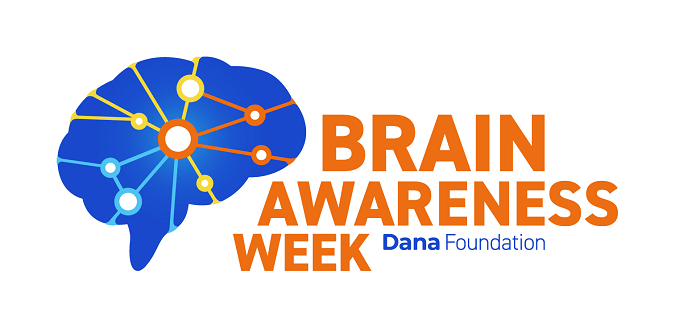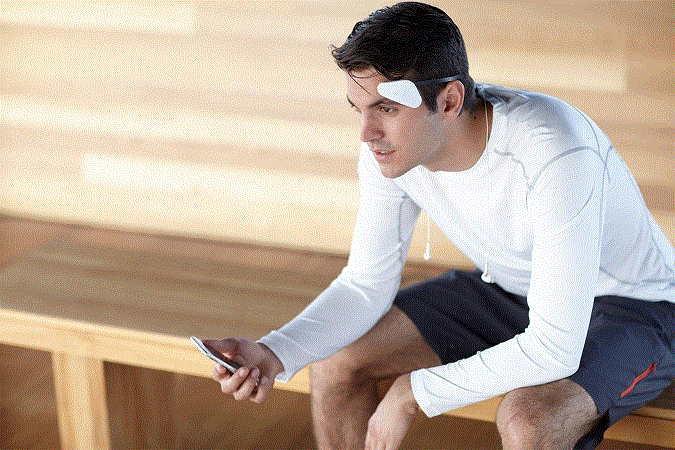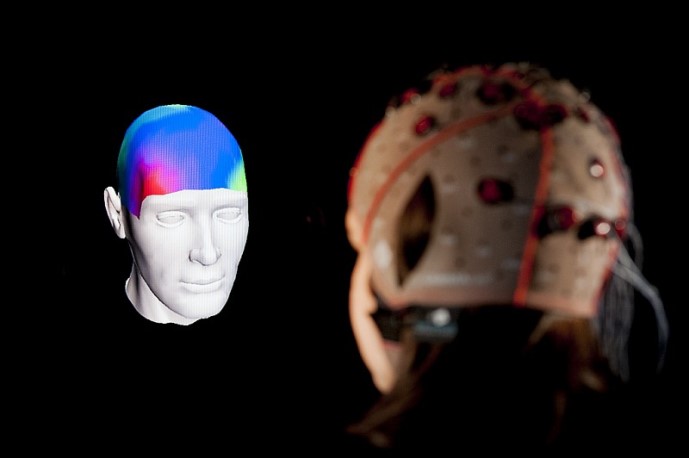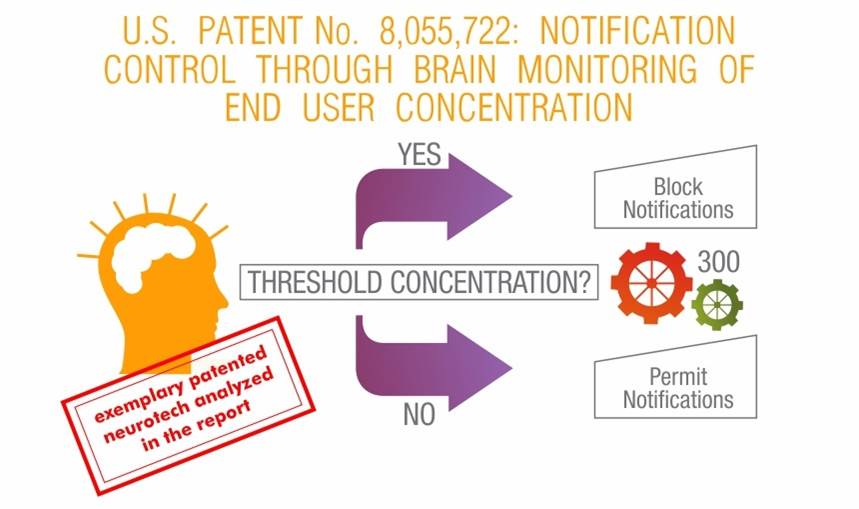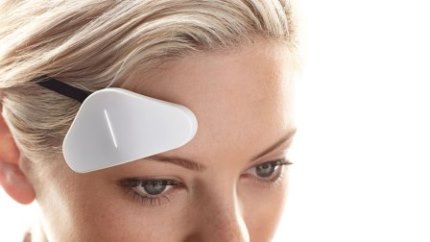Posts Tagged ‘Thync’
On Brain Awareness Week, mental health innovation, tDCS, biofeedback, psychedelics, and more
Welcome to a new edition of SharpBrains’ e‑newsletter, starting with some ideas to get in the mood for Brain Awareness Week next month (March 15–21st). May BAW 2021 be a hundred times more upbeat than last year’s… #1. Seven brain teasers and a neuroplasticity podcast to celebrate Brain Awareness Week 2021 #2. Imagine what this capability…
Read MoreTrend: Consumers experiment with transcranial direct current stimulation (tDCS) with no regulatory oversight
Students Zap Their Brains For a Boost, For Better Or Worse (NPR): “Last October, Matt Herich was listening to the news while he drove door to door delivering pizzas. A story came on the radio about a technology that sends an electric current through your brain to possibly make you better at
Read MoreToo early? Brain stimulation device Thync fails to get traction in the minds of consumers
How Thync, Startup Behind Brain-Zapping Gadget, Almost Died (Bloomberg): “In 2014, Silicon Valley startup Thync had sold technology enthusiasts and venture capitalists on the idea of strapping a device to your forehead that sends electric shocks to the brain. The wearable gadget garnered attention for its futuristic promises of brain stimulation,
Read More10 Non-invasive Neurotechnologies About to Transform Brain Enhancement and Brain Health
. 30,000+ scientists and professionals gathered for the annual Society for Neuroscience conference in Chicago last month, proving the growing interest and activities to better understand the inner workings of the human brain, and to discover ways and technologies to enhance its health and performance. Now, which of all those ongoing efforts are closer to touching our lives,…
Read MoreGood news: The Digital Revolution meets the Human Brain (as evidenced by the explosion of neurotech patent filings)
Our brain is at the core of everything we do, from the every-day decisions we make to the epic emotions we feel when we fall in love. Given its vital role in our lives, it is great news that two of the most well-funded research programs in the world focus on the brain sciences:
Read MoreUnclear yet if it works, but here comes Thync–the first mainstream, consumer-focused brain stimulation device
. Hands-On With Thync’s Mood-Altering Headset (Techcrunch): “Thync is launching its mood-altering headset today, letting you find a state of calm or boost your energy with controls on your smartphone. …Once you begin, you can dial the intensity of the experience up or down
Read More
